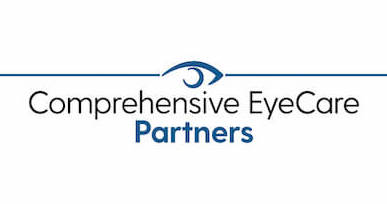
For those who struggle with acne, some types of medication can be beneficial. If you see a dermatologist for chronic acne, they’ll likely give some prescription topical or oral medication.
One of these medications, Accutane, is an oral medication often prescribed for severe chronic acne that hasn’t responded to non-prescription and topical treatments. However, this medication can cause side effects.
Keep reading to learn if taking Accutane increases the likelihood of developing dry eyes!
How Accutane Works
Acne forms on your skin when there’s an excess of oil in your pores. Accutane contains a chemical compound that enters the bloodstream and decreases the size of your oil glands.
If the oil glands are smaller, they will produce less oil so that less oil can build up in your pores. However, the chemicals in Accutane can also affect oil glands in your eyelids, which are vital for good tear production.
What Are Symptoms of Dry Eye Syndrome?
Dry eye syndrome symptoms can vary from person to person. The most common dry eye symptoms are:
- Eye irritation or a gritty feeling in your eyes
- Excessive tearing
- Increased sensitivity to light
- Eye redness
- Blurry vision
Meibomian Gland Dysfunction
One of the leading causes of dry eye is called meibomian gland dysfunction. Meibomian glands line the eyelid and produce oil.
This oil coats your tears and is responsible for ensuring that they don’t evaporate too quickly from the surface of your eye. When the meibomian glands don’t function correctly, your tears evaporate before they can moisturize your eyes.
If your tears cannot adequately lubricate your eyes, they will begin to feel dry and irritated. Accutane can trigger meibomian gland dysfunction.
Because Accutane is an oral medication that travels through the bloodstream, it can affect oil glands all over your body. This includes glands on your face, including your meibomian glands.
Accutane can suppress these meibomian glands, making them produce less oil and causing your eyes to be dry. Accutane doesn’t always cause dry eyes, but it’s a known side effect and can increase the likelihood of developing dry eyes.
Fortunately, there are ways to treat dry eyes triggered by taking Accutane.
Treatment for Dry Eyes
Most dermatologists will want you to have your eyes examined before they prescribe Accutane. Your eye doctor can test your tear production and composition to ensure you aren’t prone to dry eyes.
If you are prone to dry eyes, your dermatologist may want to prescribe a different medication. This pre-screening minimizes your likelihood of developing dry eyes when taking Accutane.
If you happen to develop dry eye symptoms after taking Accutane, you may not need to stop taking the medication. These dry eye symptoms can often be temporary and alleviated with over-the-counter lubricating eye drops.
Nutritional changes, like incorporating more Omega-3 into your diet, can also help with dry eye symptoms. If your eyes still feel dried out when taking Accutane, your eye doctor can recommend other medications and therapies.
If your dry eye symptoms are severe, your dermatologist may recommend you stop taking Accutane. However, it’s unlikely you’ll develop severe symptoms if you’ve been pre-screened for dry eye.
Are you taking Accutane and experiencing dry eye symptoms? Schedule an appointment at Shepherd Eye Center in Las Vegas, NV, today!


